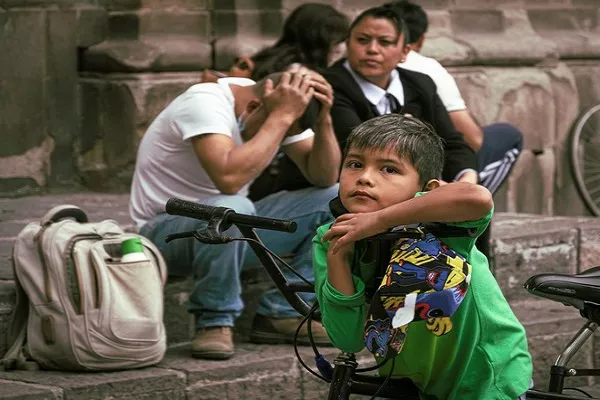Effective August 1, the Student Health Plan (SHP) has significantly reduced the copay for mental health visits within the Exclusive Provider Network (EPN) from $20 to $10 for the 2024–25 plan year. Additionally, the plan now fully covers the cost of initial therapist consultations, allowing students to begin mental health care with off-campus providers without any out-of-pocket expenses.
Enhancements to Mental Health Benefits
The recent changes come amid broader adjustments to the University Health Services (UHS) offerings, which also include updates on international travel and fertility preservation coverage. Notably, the annual SHP fee for undergraduate students has increased to $3,510, reflecting a $360 rise from the previous year. While undergraduates have the option to opt out of SHP coverage, graduate students are automatically enrolled.
Addressing Financial Burdens
The initiative to reduce mental health copays was highlighted as a key concern during the final Undergraduate Student Government (USG) meeting of the 2023–24 year. The financial strain of copays was a significant topic, with Vice President of the Graduate Student Government (GSG) Executive Committee, Christopher Catalano, emphasizing the issue’s importance, particularly through discussions at the Ivy Plus conference. This conference includes participants from Ivy League schools and other prestigious institutions like MIT and the University of Chicago.
Catalano noted, “We found that a lot of our peer institutions have more comprehensive coverage for mental healthcare. Some of our peer institutions, for example, cover the first fifty-two visits with no copay.” He added that, compared to its peers, Princeton’s SHP mental health coverage was “the least accessible and least comprehensive.”
Advocacy and Implementation
Following this realization, a formal policy proposal advocating for reduced or eliminated copays was submitted to the office of Vice President for Campus Life, W. Rochelle Calhoun. The proposal included research findings, student testimonials, and cost estimates for various financing options. It highlighted the disproportionate impact of copays on low-income students, those with chronic mental illnesses, and other marginalized groups.
An anonymous undergraduate student shared in the proposal, “I stopped going to therapy because of copays. My family struggles financially, and while the school is generous with financial aid, I don’t understand why that generosity isn’t extended to mental healthcare.”
University Response and Future Savings
The University administration responded positively to the proposal. On July 12, UHS announced the reduction of the EPN copay and the complete coverage of initial therapist visits. This decision aims to help students “assess whether a therapist is the right match for them without incurring out-of-pocket costs.”
Catalano explained that a student seeing a therapist weekly and a psychiatrist monthly would now save $600 per year. These benefits also extend to dependents of enrolled students. “I don’t think I can overstate the significance of that,” Catalano said. “I’m so proud we were able to get this done, and I’m excited for the benefits that will be seen by all students now and in the future.”
Ongoing Commitment
Catalano expressed gratitude for the University’s prioritization of mental health and its receptiveness to student concerns. “This initiative took about a year, so we’re very grateful to the University for understanding the importance of our concerns,” he said. “[The GSG is] really looking forward to continuing to work with the USG on healthcare, mental healthcare, and making campus a place where all students can succeed and thrive.”
Related topics:





























